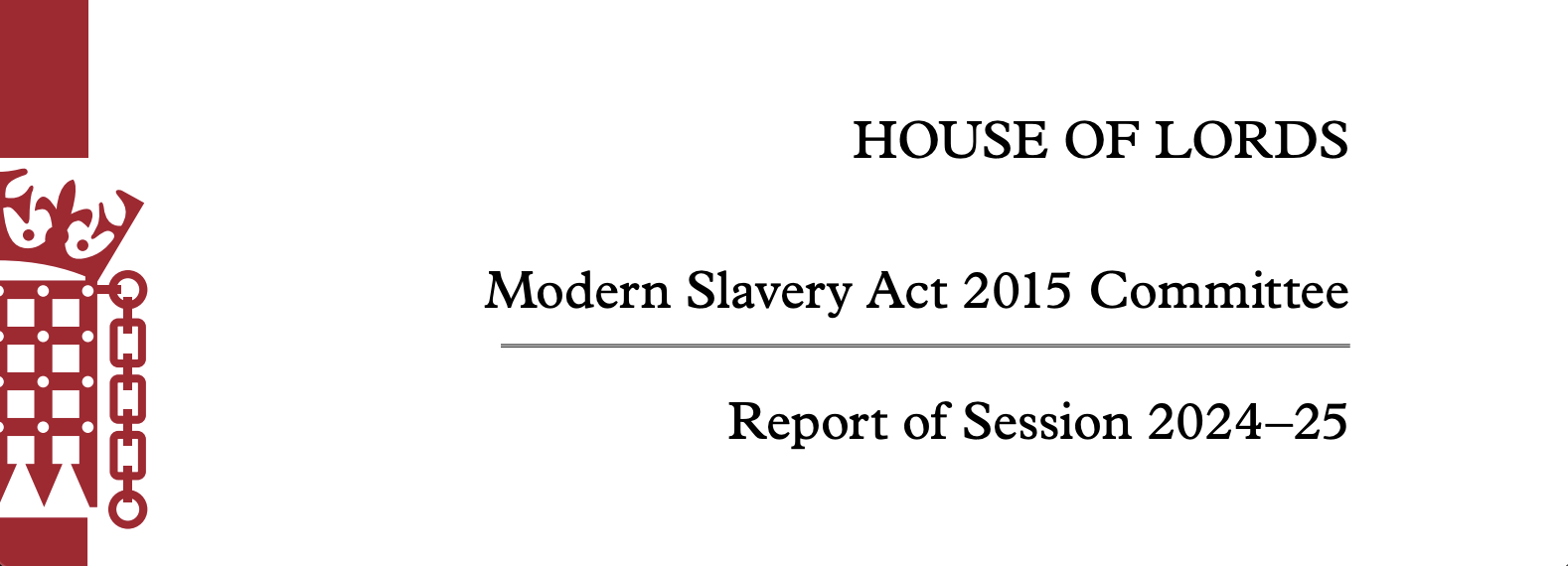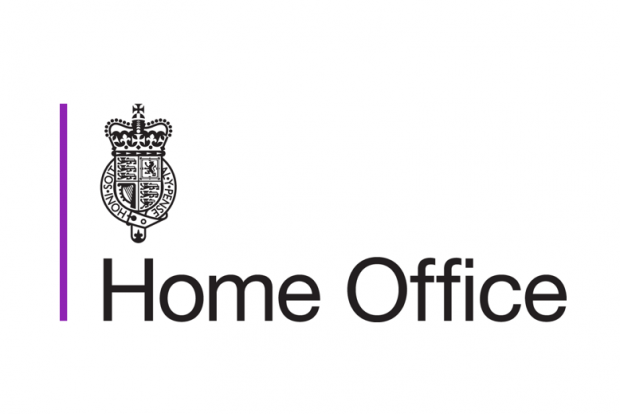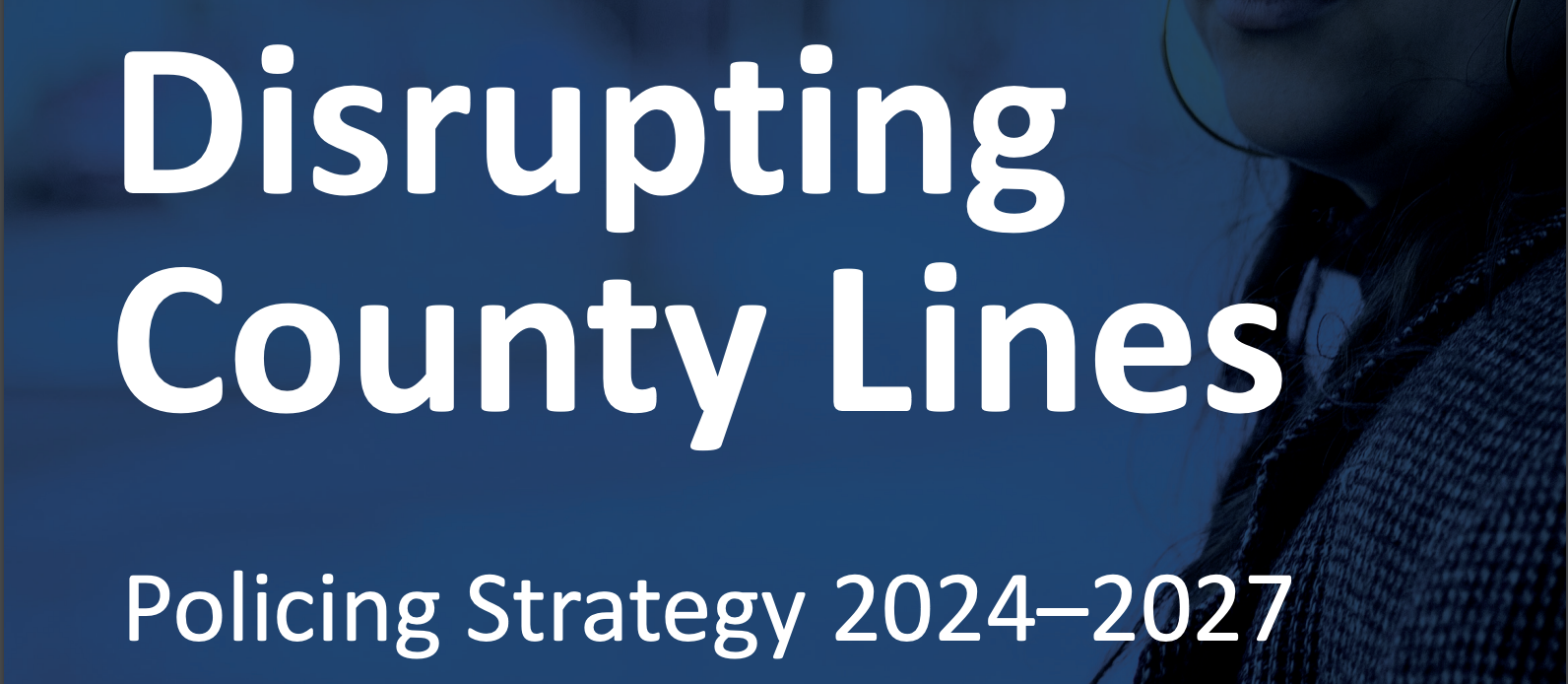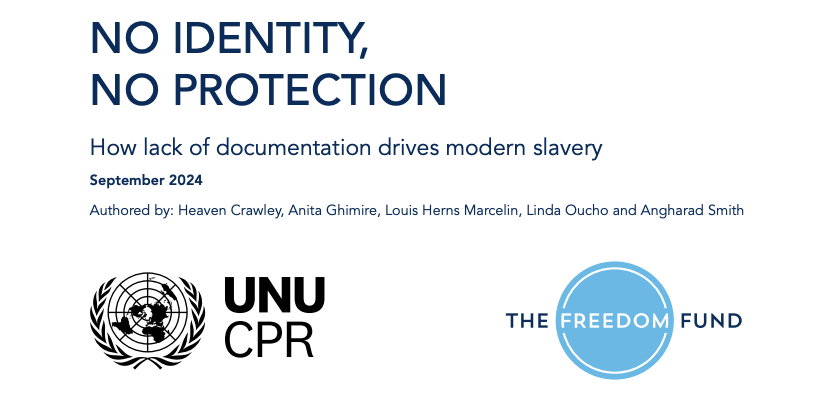HTMSE provides tailored courses covering a vast cross section of topics to a global network of professionals and stakeholders. Our online resources and publications provides educational material and information to professionals working in the counter human trafficking and modern slavery sector. Our training is provided my leading practitioners in their field.
Examples of training provided include:
- Expert Witness training
- Criminal law, forced criminality and non prosecution of victims of human trafficking
- Immigration and public law
- Housing and support
- Compensation claim for victims of human trafficking
- Modern slavery compliance and ethical supply chains for businesses
- Law enforcement
- Local Authority training
- Training for health care professionals
If you are interested in tailored training courses, please email us at info@humantraffickingexperts.com to discuss your training needs.

The September 2024 House of Lords report ‘The Modern Slavery Act 2015: becoming world-leading again’ analyses the shortfalls of the UK’s modern slavery legislation in the current socio-political setting. There are approximately 130,000 victims of Modern slavery in the UK, in many industries including illegal drugs, prostitution, agriculture, and the care sector. Perpetrators of slavery continue to profit from victims without a serious risk of repercussions considering the proportion of prosecutions to National Referral Mechanism referrals is 1.8%. The UK Modern Slavery Act was deemed to be ‘world leading’ when it was passed in 2015. Now, nearly 10 years on, global factors have changed and best practice has moved on which needs to be reflected in the legislation.
Some key findings:
- Changes to immigration legislation has led to limited support and protection for victims
- Increase in recruitment of victims in the care sector resulting from relaxed visa rules and regulation of employers
- Need for a Single Enforcement Body to regulate and enforce workers rights
- Limited supporting legislation for requirements for companies to report on how they tackle modern slavery in supply chains, and practical implementation of compliance and enforcement
- Need for international cooperation to ensure due diligence and import bans on companies producing services and goods made with forced labour
- The vacant role of the Independent Anti-Slavery Commissioner for 18 months suggested modern slavery was not a policy priority, however there is the opportunity for the Government to take action and make the UK world-leading in the fight against modern slavery once again.
See the full report ‘The Modern Slavery Act 2015: becoming world-leading again’ here.

Statistics for the National Referral Mechanism in the UK, for third quarter in 2024 (July to September) includes a summary and breakdown of the number of potential victims of modern slavery referred into the (NRM) or via the Duty to Notify (DtN) process.
Key results:
- 4,758 potential victims of modern slavery were referred to the Home Office from July to September 2024, representing a 10% increase compared to the previous quarter (4,312) and a 15% increase from July to September 2023 (4,132)
- the number of referrals received this quarter was the highest since the NRM began in 2009, a slight increase from the previous record in the period from January to March 2023 (4,742)
- 87% (4,127) were sent to the Single Competent Authority (SCA) for consideration and 13% (631) to the Immigration Enforcement Competent Authority (IECA)
- the most common nationalities referred this quarter were UK (23%; 1,092), Albanian (11%; 523) and Vietnamese (11%; 514)
- 4,953 reasonable grounds and 5,188 conclusive grounds decisions were issued this quarter; the number of conclusive grounds decisions issued was the highest for any quarter since the NRM began, representing a 35% increase from the previous record in the period from January to March 2024 (3,838)
- 50% of reasonable grounds (2,500) and 52% of conclusive grounds decisions (2,705) were positive
- the Home Office received 1,501 reports of adult potential victims via the DtN process, the highest in a quarter since the DtN began in 2015 and a 6% increase from the previous record in the period from January to March 2023 (1,420)
See the full Home Office report here.

Statistics for the National Referral Mechanism in the UK, for second quarter in 2024 (April to June) includes a summary and breakdown of the number of potential victims of modern slavery referred into the (NRM) or via the Duty to Notify (DtN) process.
Key results:
- 4,316 potential victims of modern slavery were referred to the Home Office from April to June 2024, representing a 5% decrease compared to the period from January to March 2024 (4,521) and a 8% increase from April to June 2023 (3,992)
- 73% (3,142) of potential victims were male and 27% (1,167) were female; this was the second highest quarterly number of referrals for females since the NRM began
- 82% (3,521) of referrals were sent to the Single Competent Authority (SCA) for consideration and 18% (795) to the Immigration Enforcement Competent Authority (IECA)
- the most common nationalities referred this quarter were UK (26%; 1,135), Albanian (13%; 574) and Vietnamese (13%; 558)
- 4,515 reasonable grounds and 3,126 conclusive grounds decisions were issued this quarter; of these, 53% of reasonable grounds and 64% of conclusive grounds decisions were positive
- the Home Office received 1,172 reports of adult potential victims via the DtN process, representing a 4% increase compared to the period from January to March 2024
See the full Home Office Report here.

The strategy report Disrupting County Lines: Policing Strategy 2024-2027 has been released by the National Police Chief Counsel (‘NPCC’), with the National County Lines Co-Ordination Centre (‘NCLCC’). Modern slavery and human trafficking within the UK often occurs across County Lines related to illicit drug trade, which means a coordinated response is required by police forces and first responders to identify victims of exploitation. Individuals recruited to sell drugs are often vulnerable adults or minors, who need to be identified as victims of criminality and reported to the National Referral Mechanism (NRM). Most children involved in County Lines are between 15-17, however some are younger. The strategy pulls on recent statistics from the NRM whereby 11% of referrals were involved with County Lines. The strategy to disrupt County Lines was initiated in 2019, since which 5,000 drug lines have been closed. Furthermore, the strategy aims to:
- Prevent people engaging in County Lines, and the associated violence and exploitation.
- Proactively safeguard children and vulnerable adults from harm.
- Better prepare communities by building resilience against the harms of County Lines.
- Relentlessly pursue offenders, including Organised Criminal Groups, Urban Street Gangs and individuals running County Lines.
See here for the full report Disrupting County Lines: Policing Strategy 2024-2027.

Today marks International Identity Day 2024. Lack of identification is a significant risk factor in vulnerability to modern slavery and human trafficking. 850 million (1 in 9) people globally lack official documentation. This population is therefore out of reach of government protection from exploitation and abuse, as well as access to essential services including education and healthcare.
These risk factors are investigated by United Nations University Centre for Policy Research (UNU-CPR), in collaboration with the Freedom Fund. Reliefweb highlights important findings:
-
New research reveals the links between lacking official documentation and modern slavery. Without legal identity, people struggle to access basic services and are often forced into informal, dangerous and exploitative work.
-
An estimated 850 million people around the world do not have legal identity. Women, children, rural dwellers, migrants, refugees and stateless individuals are most affected.
-
Bureaucratic inefficiencies, high costs and legal gaps prevent people from securing documentation while social isolation, discrimination and stigma further worsen the situation for marginalised groups.
-
People without identity documents are often confined to informal, low-wage work where exploitation and abuse frequently go unreported due to fear of approaching authorities.
-
Government actions are urgently needed to address this global issue, including legislative reforms, community engagement and international cooperation.
See the full Freedom Fund report here.



